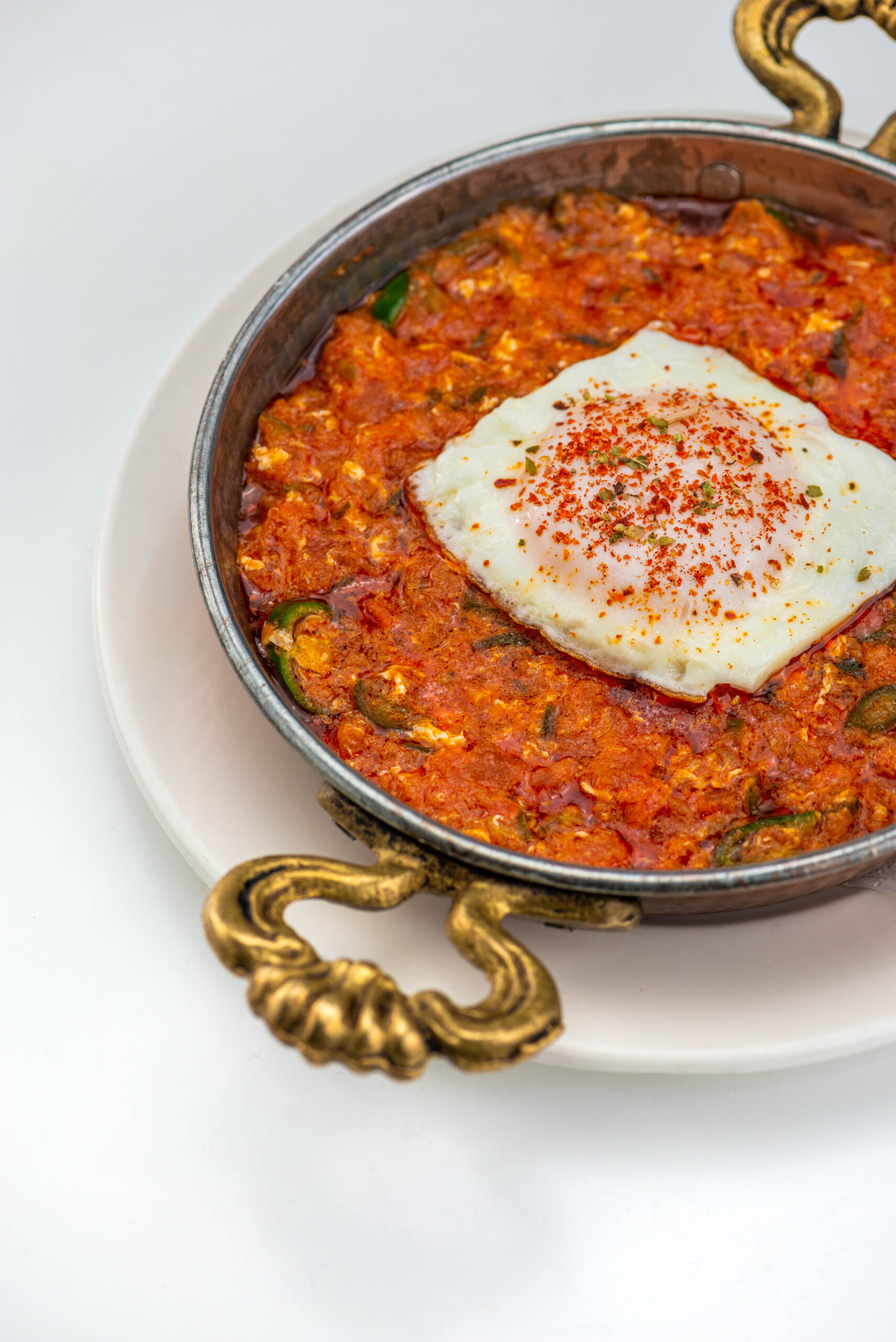Can spicy foods make laryngitis worse?
Title: Can Spicy Foods Make Laryngitis Worse?
Introduction:Laryngitis can be incredibly frustrating, often leaving you with a raspy or hoarse voice. During this time, it’s important to take care of your vocal cords and give them the rest they need to heal. But what about the impact of spicy foods on laryngitis? Can indulging in your favorite spicy dishes make your symptoms worse? Let’s explore this prevalent question and separate fact from fiction.
Understanding Laryngitis:Before diving into the specifics, let’s quickly understand what laryngitis is. Laryngitis is the inflammation of the voice box or larynx, causing hoarseness, difficulty speaking, and sometimes even complete loss of voice. It could be a result of excessive voice use, viral or bacterial infections, allergies, or even acid reflux. While it’s vital to identify and treat the underlying cause, managing laryngitis symptoms through certain lifestyle changes is equally important.
The Spicy Dilemma:Spicy foods are often blamed for worsening laryngitis symptoms. The primary reason behind this notion is the potential irritation and inflammation they can cause, especially in sensitive throat tissues. Spices such as chili pepper, hot sauce, and curry powders contain capsaicin, a compound responsible for the fiery sensation. Capsaicin may irritate the throat lining, potentially exacerbating the inflammation and discomfort associated with laryngitis.
Acidic and Spicy Foods:It’s important to distinguish between acidic and spicy foods. While spicy foods can be uncomfortable for a sore throat, acidic foods like citrus fruits, tomatoes, and vinegar-based dishes are more likely to cause acid reflux. Gastroesophageal reflux disease (GERD) is a common cause of laryngitis, and indulging in acidic foods can aggravate this condition. Therefore, it’s advisable to avoid both spicy and acidic foods during the acute phase of laryngitis to promote healing.
Moderation is Key:While abstaining from spicy foods during laryngitis is generally recommended, it doesn’t necessarily mean you should eliminate them from your diet entirely. It’s important to remember that spicy foods affect everyone differently. Some individuals may experience heightened symptoms, while others may not notice any difference at all. As with most things, moderation is key. Enjoy your favorite spicy dishes in small, controlled portions, and pay attention to your body’s response.
Soothing Alternatives:While waiting for your voice to return to its normal state, it’s essential to focus on soothing your throat and aiding the healing process. Opt for warm, soothing beverages like herbal teas or warm water with honey and lemon. Gargling with saltwater can help reduce inflammation and alleviate discomfort. Additionally, incorporating foods with anti-inflammatory properties, such as ginger, turmeric, and honey, can provide relief and aid in recovery.
Consult Your Doctor:If laryngitis symptoms persist or worsen despite following dietary modifications, it’s important to consult a healthcare professional. They can evaluate your condition, identify potential underlying causes, and provide appropriate treatment options tailored to your specific needs.
Conclusion:While spicy foods may not directly cause laryngitis, they can potentially aggravate symptoms due to their irritant properties. It’s best to avoid spicy and acidic foods during the acute phase of laryngitis to promote healing. However, individual tolerance may vary, so moderation is key. Focus on soothing alternatives and consult your doctor if symptoms persist or worsen. Remember, taking care of your vocal cords is essential for a swift recovery and the restoration of your beautiful voice.



